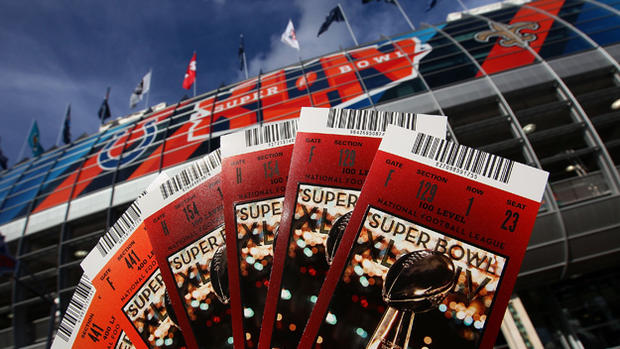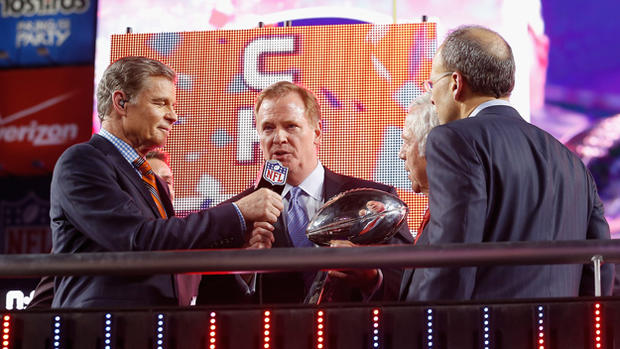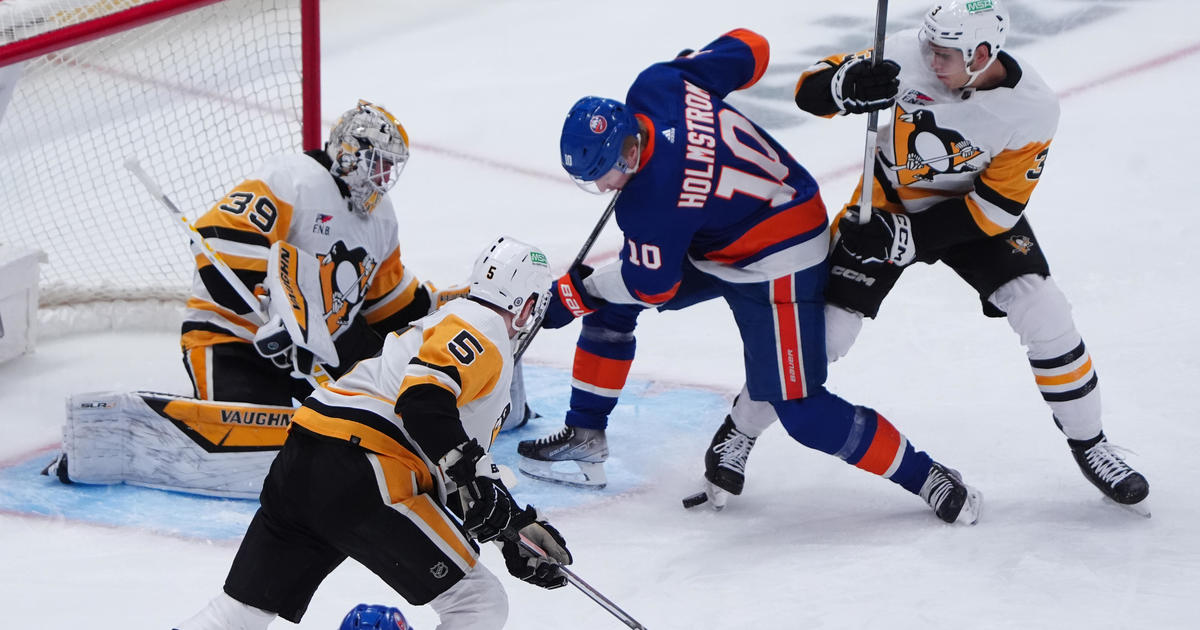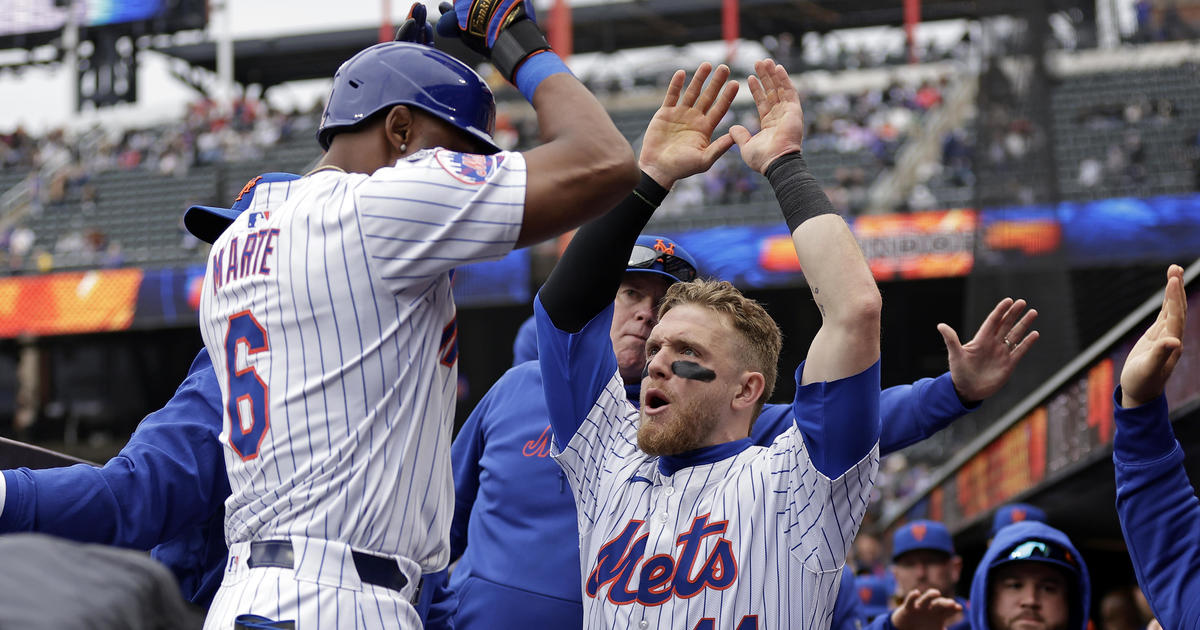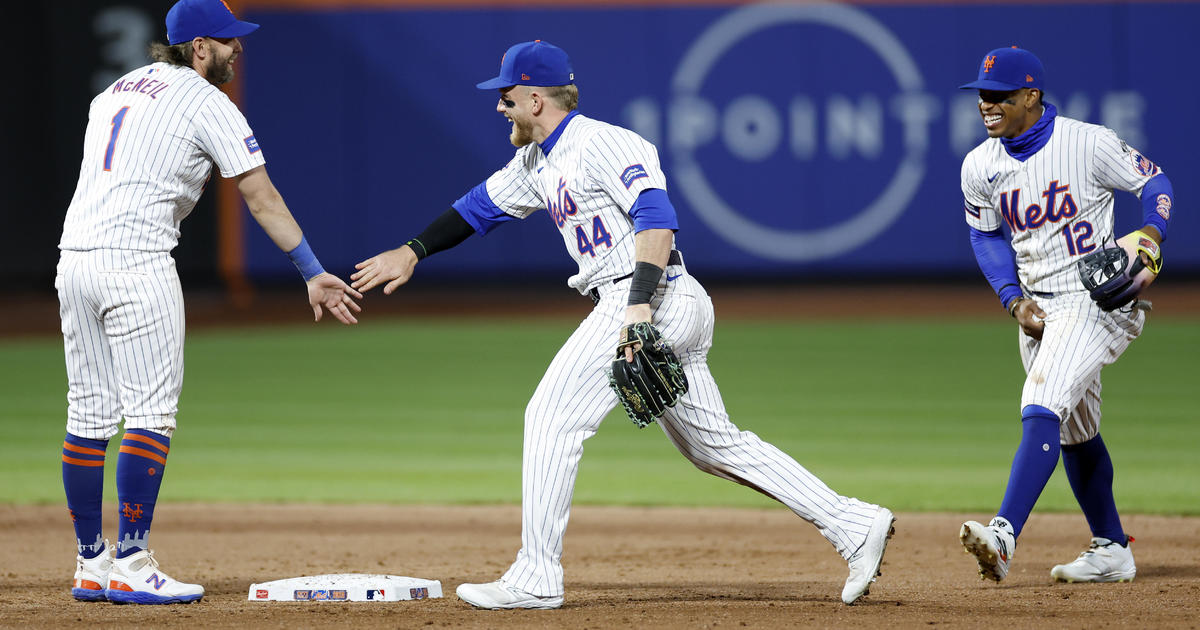Periscope, Meerkat Threaten Multi-Billion Dollar Sports Broadcast Copyrights
Bryan Altman, CBS Local Sports
While most of the social media world seems to be enamored by the potential of new apps like Meerkat and the Twitter-owned Periscope, both of which allow users to live-stream video from their smartphones to all of their Twitter followers with just the swipe of a finger, there are critical questions about the apps that are starting to surface. In addition to the potential issues of invasion of privacy and illicit material being live-streamed to millions, there is also the matter of users potentially infringing on third-party intellectual property rights that appears certain to surface as the use of the app grows.
Of all of the likely contenders, the NFL and the other major sports leagues, along with major television broadcast providers, appear to be prime candidates for a legal battle over their intellectual property rights and broadcast copyrights with the apps and their respective users.
Marc Edelman is a Professor of Law at Baruch College's Zicklin School of Business who specializes in sports law, intellectual property law and is a regular contributor to Forbes' "Sports Money." He believes that the NFL and its broadcast partners wouldn't hesitate to take a heavy-handed approach when it comes to protecting their intellectual property from Periscope, Meerkat and their users if the need should arise.
"My presumption would be that if anybody tried to rebroadcast on a public level that it would not only be the sports leagues that would bring a challenge, but also those broadcast stations that have exclusive broadcast rights to the games," Edelman told CBS Local Sports during a phone interview.
"This may be an area where if anyone attempts to use Periscope or Meerkat to live-transmit a game to a mass audience, that a sports league may attempt to prosecute, simply to make a statement that they find this behavior problematic, and at the same time to protect their multi-billion dollar broadcast rights relationship that they have with television stations."
For the NFL in particular, there are approximately $39.8 billion reasons to worry about the potential ramifications of the live-streaming of their games. That's the amount of money the league is being paid by CBS, NBC, FOX and ESPN between 2014 and 2020 for the rights to broadcast their games. Add to that the fact that the NFL also has an exclusive eight-year $12 billion deal with DirecTV for their NFL Sunday Ticket package and it's obvious why the NFL likely won't tolerate unauthorized live-streaming. While there haven't been any indications regarding how they might proceed, Edelman pointed out that the league has had to deal with such issues before.
"This is not the first time that new technologies have caused concern among sports leagues about the improper retransmission or their games," Edelman said. "First when it became feasible for fans to bring small cameras into games, again when it became feasible for fans to live transmit statistical results of games as they occurred, and still a third time when YouTube first emerged and sports leagues were beginning to find retransmissions of particular sections of their games on the web."
Obviously the NFL has measures in place to quash any of those actions that they believe infringe on their intellectual property already and some of those protocols might serve them well in a future battle over live-streaming.
"From a strict legal perspective, the most logical thing for the sports leagues to do is to continue with the status quo," Edelman explained. "Maintaining on the back of every ticket that it violates the license to be in the stadium if they rebroadcast or retransmit any section of the game without permission, and threatening prosecution against those that violate the terms of the license and the intellectual property rights of the league."
The league's have dealt with similar issues in the past, but haven't been dragged into the online piracy fight just yet like the music and the movie industries have been. The music and movie industries have taken to lawsuits to stop torrent sites and illegal downloads of their products in the past, but recently newer and more "fan friendly" services such as Spotify and Netflix have changed the marketplace forever and have allowed for a happy medium of sorts. Pirating remains a big issues for those two industries, but they have been able to curtail the problem to an extent through innovation.
The NFL and other leagues do claim copyright infringements on YouTube and other video streaming sites but Edelman pointed out that other than that, there simply isn't a huge conflict for the leagues like there is for the music and movie industries as their content is at its most valuable as a live broadcast. Especially considering the fact that the quality of a televised game hasn't been replicated online without using a league-ordained site and the leagues' made-for-television broadcast as the focal point of the transmission. Periscope and Meerkat could very well be threatening to change that.
"The biggest difference here from YouTube is the real-time component," Edelman stated. "If you were going to go to a boxing match, and tape record the match and then try to redistribute it on the streets two months later, not only would you have something that is illegal, you might not have that desirable of a product.
"People want to see the boxing match live, a period of time later there's very little interest, it makes it very different than going to the movies and doing that. With these new technologies if it's actually able to become available real time, there could be a market value to it."
However the NFL and the other major sports leagues decide to proceed, they will have to do so while toeing the line between protecting their rights but also embracing new technologies that have the ability to help their product. In the past, leagues have been reticent to embrace newer technologies and innovations that now help grow their respective sports.
Take fantasy sports for instance. According to the Fantasy Sports Trade Association, fantasy sports have a $3-4 billion dollar effect on the economy and involve over 42 million people from age 12 and up. It's hard to believe that at a certain point in time, the NBA actually tried to put an end to the fantasy craze before it even began - just one example of how new technology can have unforeseen benefits.
"When fantasy sports was first becoming widespread, the sports leagues were opposed to dissemination of real-time data of game results and you even saw the NBA go to court attempting to prevent the real-time transmission of statistical results of games," Edelman said. "Flash forward to 2015, the idea of a sports league such as the NBA being opposed to real-time retransmission of statistical results of sports games is laughable because they have actually been able to use real-time fantasy sports as a way of boosting interest in their games as supposed to harming it. So certainly one would expect the leagues to find ways of using all types of new technologies if they catch on, to their advantage as supposed to their detriment."
If the leagues do find a way to capitalize on the live-streaming apps, they will certainly do so with an "our way or the highway" approach. Unauthorized broadcasts would still be susceptible to copyright infringement claims by the league and the apps would be forced to amend their policies to ensure that they aren't culpable for violations that occur as a byproduct of their product.
Of course, there is precedent for that as well and Edelman doesn't believe that Periscope and Meerkat will be held responsible provided that they abide by already existing industry protocols, which it appears that both sites have already done. Periscope and Meerkat both clearly state in the terms of use section on their respective websites that users are prohibited from violating third-party copyrights and trademarks and that they will respond to all reasonable claims of copyright infringement.
The other important aspect for both of these companies is the fact that they both have legitimate business purposes and aren't just in existence to exploit third-party copyrights.
"Generally, the way the courts look at these issues is they ask whether the service has a bona fide permissible objective, or exists primarily for the purposes of infringement," Edelman explained. "While Periscope and Meerkat certainly could become subject to litigation if some user rebroadcasts material with copyright infringement, reasonable efforts to remove the material that is found to be infringing, would seem to greatly protect these companies, given that their purpose is a legal and permissible one."
The NFL has a reputation of being fiercely protective over it's rights already, as one would expect from a corporation that pulled in over $9 billion in revenue last year alone. So when it comes to dealing with potential violators of their rights through these new apps, there's little doubt that they'll treat them much like a free safety treats a wide receiver going for a ball over the middle of the field - with no mercy.
More from Bryan? You can email him or find him on Twitter @bcaltman.
